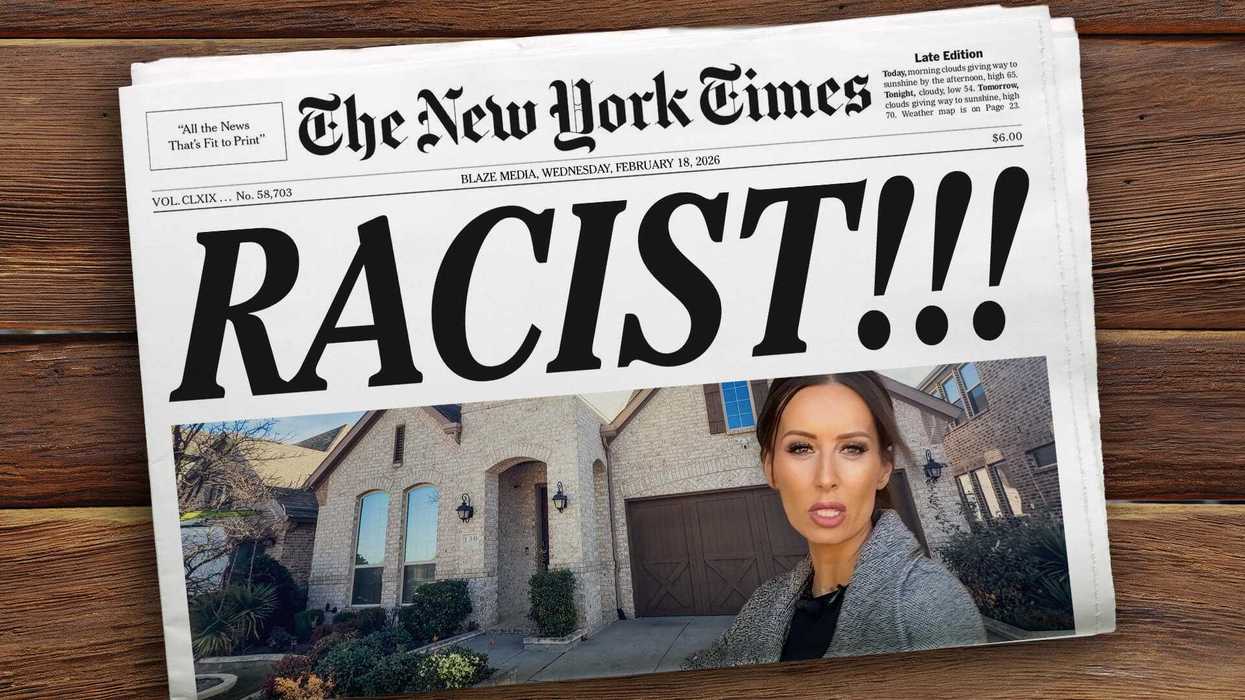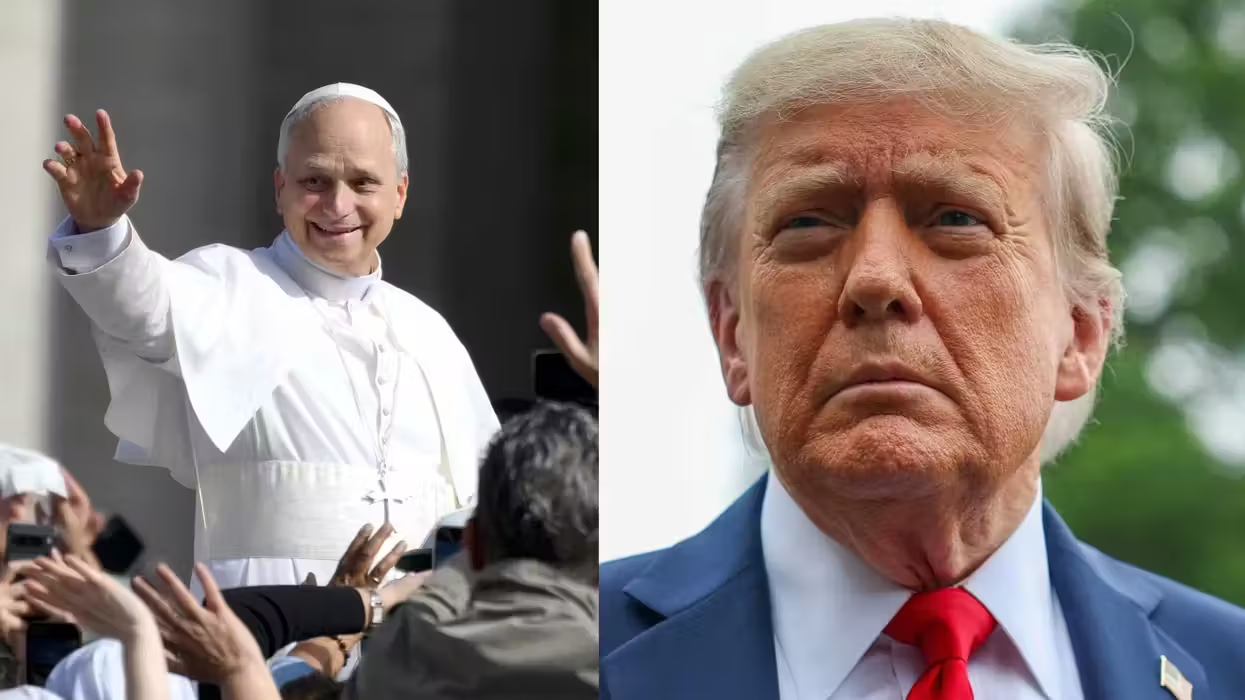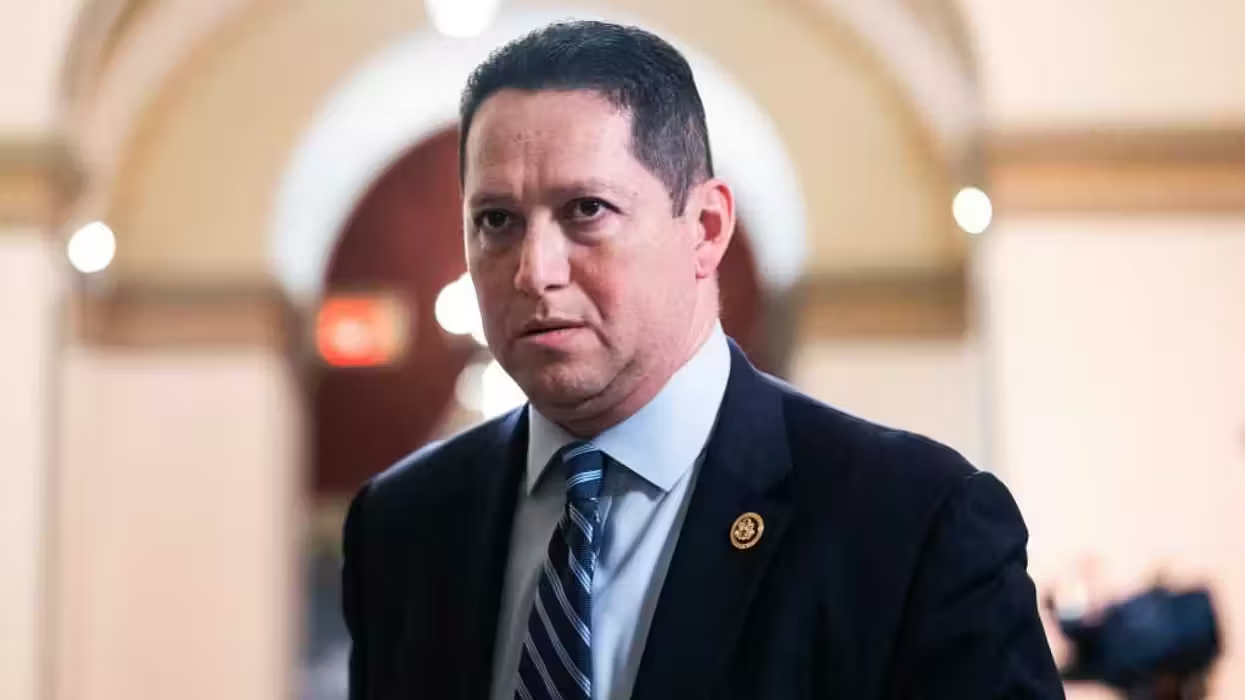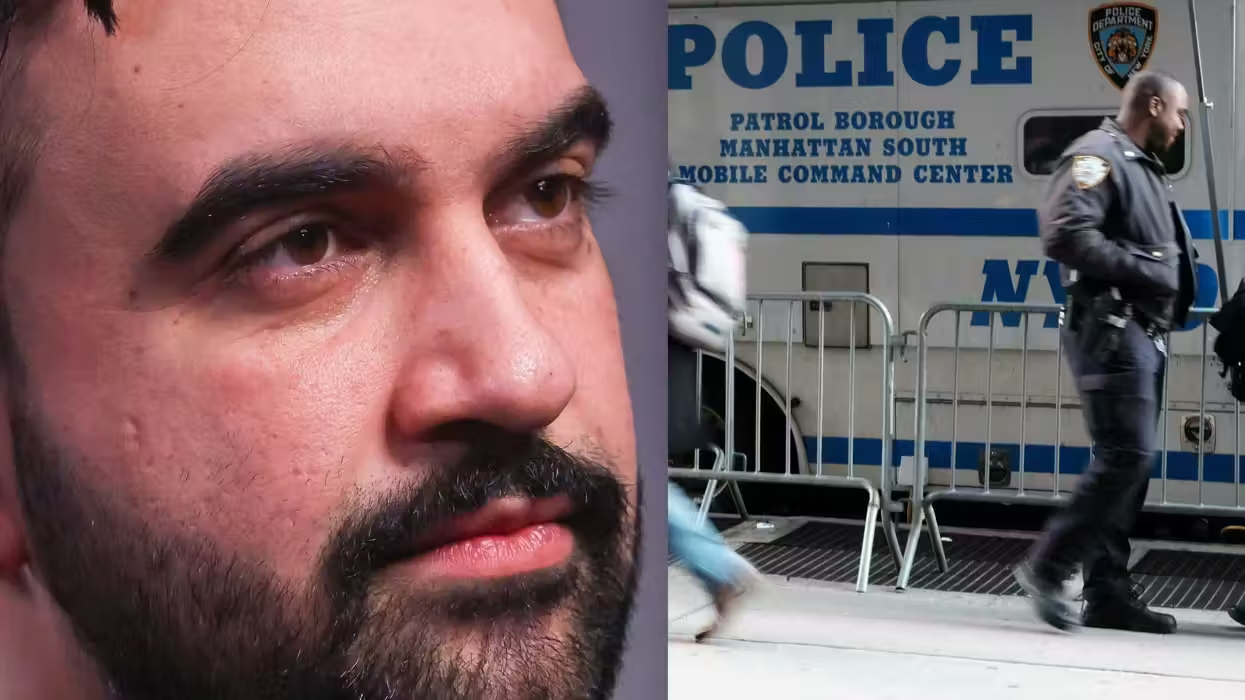
© 2026 Blaze Media LLC. All rights reserved.
Pulpit Perversion Sunday'? Group Claims Pastors Have a 'Partisan Scheme to Politicize Churches
September 30, 2011
"It’s part of a plot..."
Pulpit Freedom Sunday is now only two days away and Americans United for Separation of Church and State (AUSCS), among other groups opposed to faith and religion in the public sphere, are publicly lamenting the initiative.
As we reported earlier this week, on Sunday, October 2, hundreds of pastors from across America will preach sermons that examine candidates’ stances on important issues of the day. Then, they will make specific recommendations about whether or not the congregation should vote for or against candidates. They will do this knowing full-well that current tax laws render such actions illegal.
Following the event, each pastor will inform the IRS about his or her sermon. The hope is that by making the government aware of the code violation, an audit will occur. Then, the constitutionality of the Johnson Amendment -- a 1950s-era regulation that prevents churches and other 501c3 organizations from engaging in partisan politics -- can be hashed out once and for all. The Christian Science Monitor has more on this controversial amendment:
The law bars houses of worship and other types of nonprofits from participating in political campaigns on behalf of – or in opposition to – any candidate for public office. It was passed in 1954 with help from then-Sen. Lyndon Johnson after nonprofit groups nearly defeated him in an election. Up until then, American churches were free to align with politicians – or rail against them.
In a blog post published earlier today, AUSCS communications director Joseph Conn stood firmly opposed to Pulpit Freedom Sunday, calling the initiative "Pulpit Perversion Sunday" in the title of his piece. He wrote:
This isn’t some occasion on the liturgical calendar or a spontaneous eruption of civic zeal. It’s part of a plot by the Alliance Defense Fund, a right-wing legal group founded by theocracy-minded TV and radio preachers. The ADF-sponsored observance has one goal: to pave the way for Religious Right leaders to forge fundamentalist churches into a disciplined voting bloc.
He continued:
If you want to be tax-exempt and you want donations to your church or other nonprofit to be tax deductible, you have be devoted to religious, educational and charitable endeavors and not be some sort of political action committee.
This latter argument, though, could easily be countered by the fact that most churches engage in public service to the community. Thus, houses of worship across the nation actually save local governments hundreds of thousands of dollars in some cases through their active engagement in helping the poor, among others.
In the end, if one argues that churches are unfairly benefiting from tax code, the opposition could counter that society and, in turn, governments are benefiting from churches' social activity.
In March 2011, Christianity Today covered this intriguing concept and questioned whether churches' tax-exempt statuses mesh with economic value to local communities:
Does a congregation’s tax-exempt status outweigh the economic value it adds to its community? The University of Pennsylvania’s Ram Cnaan has long been searching for a specific answer. In a 1997 study, he found that urban congregations provide, on average, $140,000 worth of services annually.In 2009, Cnaan (who describes himself as nonreligious) revised his estimate to $476,663.24. Now he’s about to release an even more detailed pilot study focusing on 12 historic Philadelphia congregations, including First Baptist Church, whose annual value to the local economy Cnaan’s team places conservatively at $6,090,032 (nearly ten times its annual budget).

Conn argues that it would be a negative act to allow politics be so pervasively prominent in American houses of worship. This, he claims, would divide congregations, cause infighting and trample upon the rights of minorities. These concerns, of course, are valid. Some studies even appear to indicate that church members don't want to see their pastors wade into the political sphere.
Still, pastors are individuals and proponents of Pulpit Freedom Sunday believe that they should have the free-speech rights guaranteed by the First Amendment -- and that they should be allowed to speak freely about any subject (including advocating for or against a candidate running for public office). Conn, though, couldn't disagree more. He concludes his piece with the following offer to report churches that violate the Johnson Amendment:
PS: If churches in your community violate the no-electioneering rule on Sunday, let us know. We’ll report the action to the IRS. Learn more at Project Fair Play.
Another point to clarify is that this is not an event being organized solely by right-leaning pastors. Those who stand behind Pulpit Freedom Sunday believe that everyone, regardless of liberal or conservative nature, should have freedom in the pulpit.
Want to leave a tip?
We answer to you. Help keep our content free of advertisers and big tech censorship by leaving a tip today.
Want to join the conversation?
Already a subscriber?
Billy Hallowell is a digital TV host and interviewer for Faithwire and CBN News and the co-host of CBN’s "Quick Start Podcast."
Billy Hallowell
Billy Hallowell is a digital TV host and interviewer for Faithwire and CBN News and the co-host of CBN’s "Quick Start Podcast."
more stories
Sign up for the Blaze newsletter
By signing up, you agree to our Privacy Policy and Terms of Use, and agree to receive content that may sometimes include advertisements. You may opt out at any time.
Related Content
© 2026 Blaze Media LLC. All rights reserved.
Get the stories that matter most delivered directly to your inbox.
By signing up, you agree to our Privacy Policy and Terms of Use, and agree to receive content that may sometimes include advertisements. You may opt out at any time.






